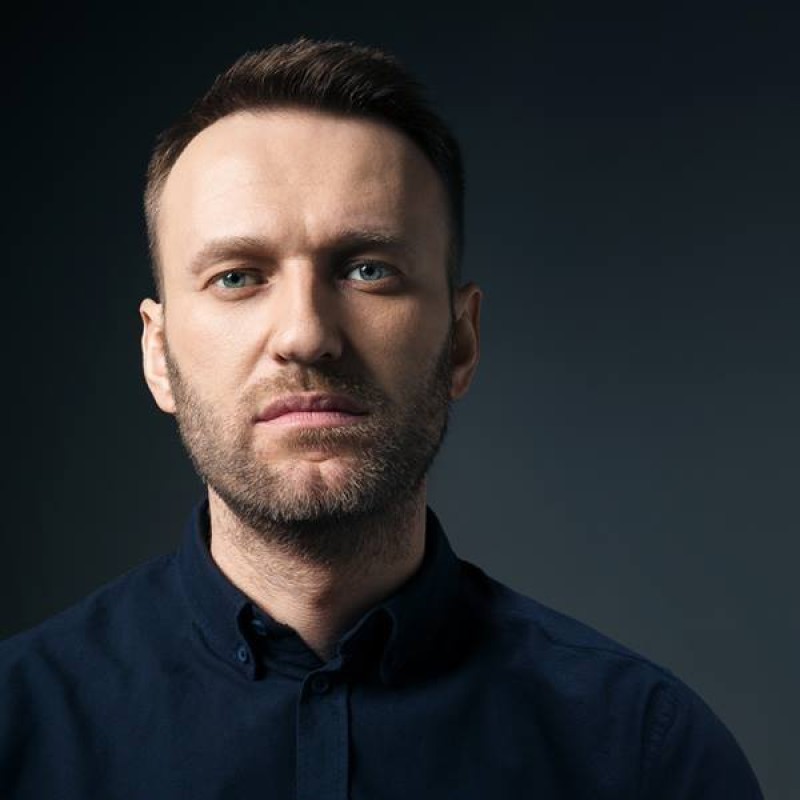Authorities have moved Navalny to IK-6 Federal Penitentiary Colony in the village of Melekhovo, Russia’s state news agency TASS reported after the Kremlin critic’s supporters flooded social media with news that he had gone missing.
“Alexei Navalny was taken away from IK-2 [Federal Penitentiary Colony in Pokrov, Vladimir region, east of Moscow],” Navalny’s spokeswoman, Kira Yarmysh, tweeted on Tuesday.
She explained that Navalny’s lawyer alarmed them after he didn’t show up for a meeting they had scheduled. The lawyer told them that she went to IK-2 in Pokrov for a scheduled visit but that when she asked for Navalny, prison staff told her that “there is no such convict” in the jail.
Yarmysh cited Kremlin press secretary, Dmitry Peskov, as saying that “the Kremlin does not monitor Navalny’s whereabouts and does not share fears about his safety.”
Upon his arrival to “another ship”, Navalny said he was quarantined and that carried his books with him. He commented on some educational possibilities at Melekhovo prison, such as three-month courses of seamless sewing or poultry carcass deboning.
“Very outraged,” Navalny said and added that “everything else is okay.”
The IK-6 penitentiary colony in Melekhovo is considered to be the scariest prison in Russia. Shrouded in secrecy, Melekhovo is believed to be hiding cases of tortures and misterious deaths of its inmates, according to Russian Komersant news outlet.
Russian authorities arrested Navalny in January last year, following his return to Moscow from Berlin, where he was treated in a hospital after surviving a poisoning attack in Russia.
Moscow's Simonovsky District Court sentenced him in February last year for violating the terms of his suspended sentence in the so-called Yves Rocher case, in which he was sentenced in 2014 to house arrest and his brother Oleg to jail for allegedly taking advantage of a Russian subsidiary of the French cosmetic company.
The European Court of Human Rights ruled in 2017 that the convictions of Alexey and Oleg Navalny were “arbitrary and unfair.”
Navalny was then sent to Pokrov IK-2, where he spent more than 500 days before he was transferred to IK-6 in Melekhovo, following another trial and sentence.
The Moscow’s Lefortovo District Court, believed to be in charge of dealing with cases provided by the Federal Security Service (FSB), convened a visiting session in Pokrov’s detention in March of this year. This time, Navalny was charged with misusing donations from his Anti-Corruption Foundation (FBK) and Navalny’s Headquarters for personal gain.
He was also accused of disrespecting the trial participants during the proceedings on the matter of allegedly slandering a Russian veteran, namely for using offensive language such as “Obersturmbannführer,” or calling them “bunch of thieves.”
Taking both into account, the court sentenced him to nine years in strict regime jail - Melekhovo.
Only a few days before the trial, Russian President Vladimir Putin signed a decree appointing Margarita Kotova a new judge in charge of Navalny to the Moscow City Court.






